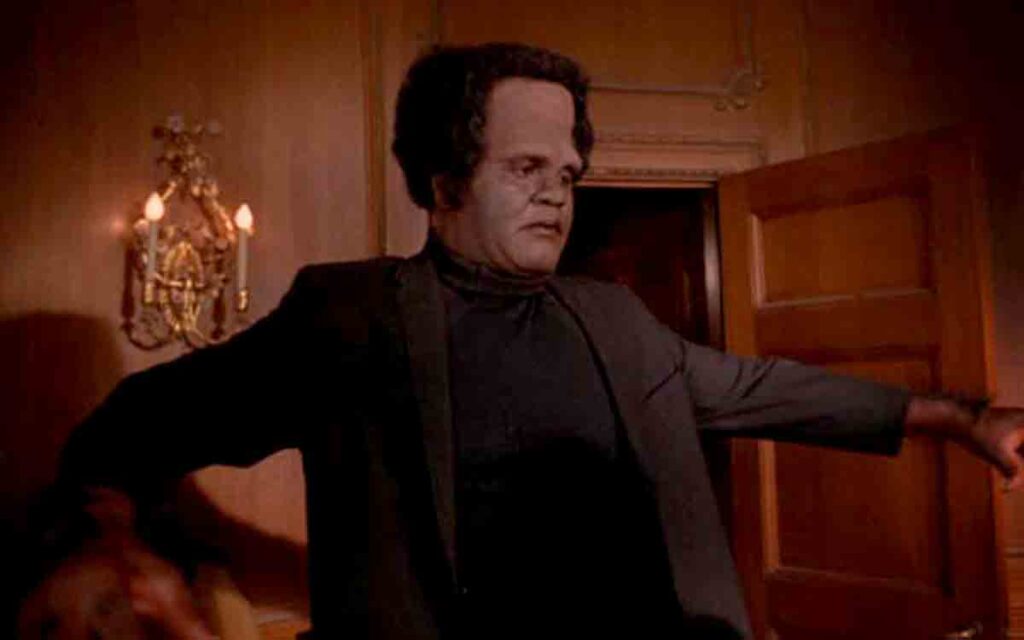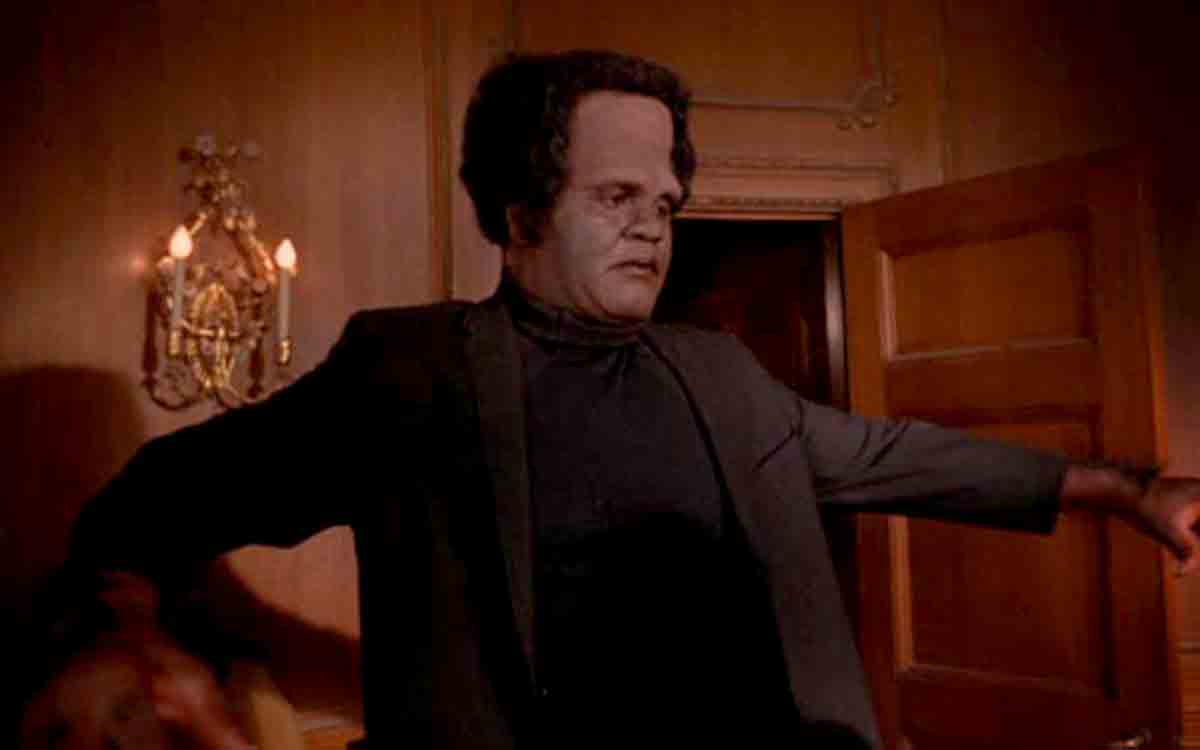Blackenstein 1973 rode the wave of Blaxploitation horror, but stumbled through its tale of science, trauma and a tragic monster, writes DAVID SAUNDERSON
TITLE: Blackenstein
RELEASED: 1973
DIRECTOR: William A. Levey
CAST: John Hart, Ivory Stone, Joe De Sue, Andrea King
Review of Blackenstein 1973
Blackenstein is one of those films that proves horror doesn’t always need to be polished or profound to earn a place in cult history.
Released in 1973 to ride the wave of Blacula’s success, it reimagines the Frankenstein story through the lens of blaxploitation. A Vietnam veteran loses his limbs to war before being transformed into a monster by experimental DNA surgery.
The set-up could have paved the way for rich social commentary on race, trauma, and science gone wrong.
What we actually get is cheap sets, clunky dialogue, a monster shuffling around in shiny shoes, and some of the most absurd “science” ever put to screen – including a doctor winning a Nobel Prize for cracking the genetic code of DNA.
It is, by almost every critical measure, a mess.
The acting is wooden, the pacing glacial, and the monster make-up wouldn’t scare a child.
Critics dismissed it as one of the dullest Frankenstein adaptations ever made. It’s a film that drags where it should thrill and fills its runtime with baffling nightclub sequences and random background characters.
Props borrowed from Universal’s original Frankenstein set, which could have been a stroke of genius, feel like little more than novelty items.

The film’s reputation was so poor that it ended up being remembered more for the tragic fate of its producer, Frank R Saletri, a lawyer with Hollywood dreams who was murdered in 1982 under mysterious gangland circumstances, than for anything on screen.
And yet, for all its flaws, there is something endearing about Blackenstein.
Fans of cult cinema know that sometimes the best horror is the worst horror, and this is a prime example. Its clumsy attempts at menace come off as hilarious. Its nightclub routines and barking mad dialogue give it a strange rhythm.
Lead actor Joe De Sue – cast more for who he knew than his talent – stomps through the film with a deadpan earnestness that makes the whole thing strangely hypnotic.
What saves Blackenstein from total obscurity is its place in the lineage of 1970s blaxploitation horror.
While Blacula remains the jewel of the subgenre, Blackenstein is its awkward cousin, the one that gets laughed at, mocked, and sometimes ridiculed, but still remembered fondly.
It’s a film that, by accident rather than design, has become a piece of horror history.
In a world full of serious, heavy-handed Frankenstein retellings, there’s a certain joy in watching one that is utterly ridiculous, full of stupid moments, and yet completely sincere in its attempt to entertain.
Blackenstein is not a good film, but it is a fun one. And honestly, I’d watch it again, which is the best you could say about any film.


